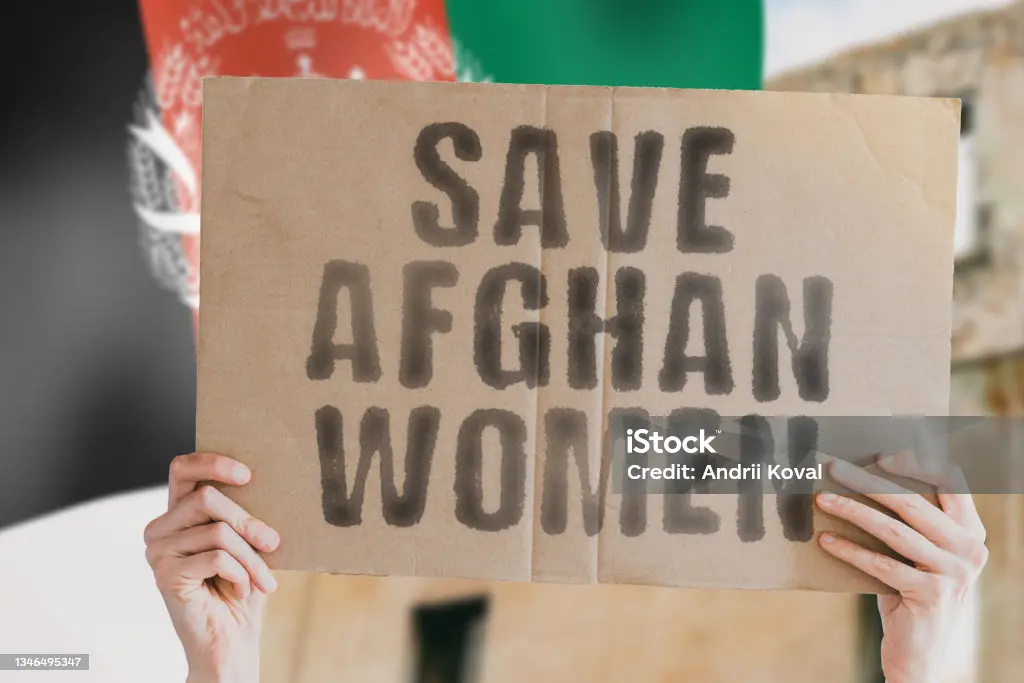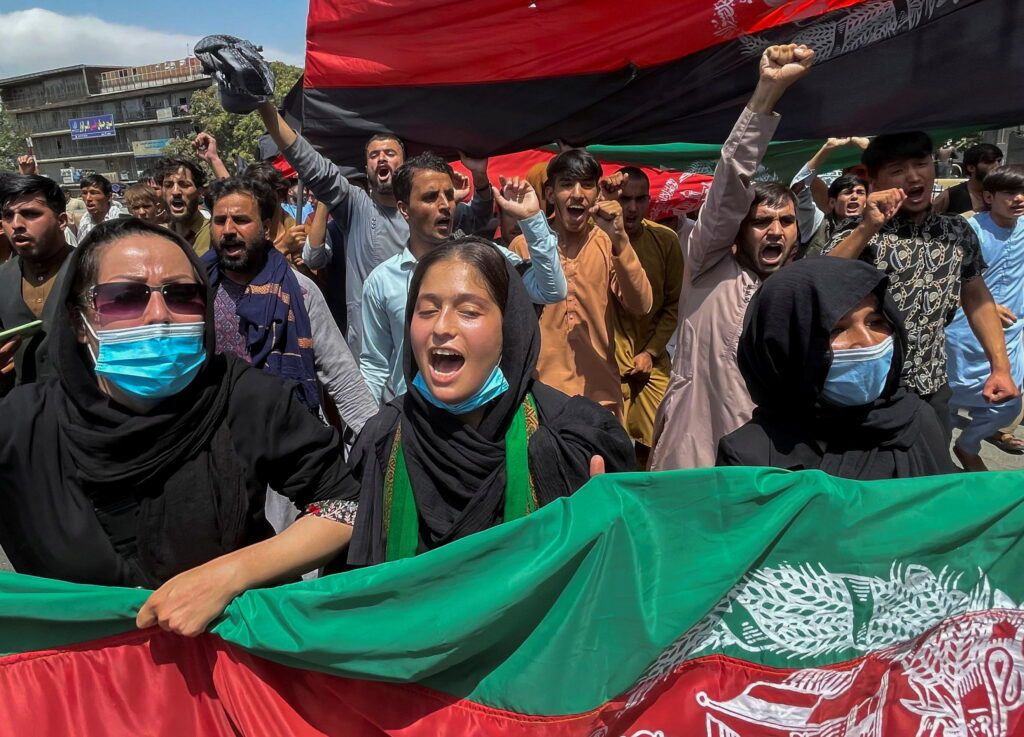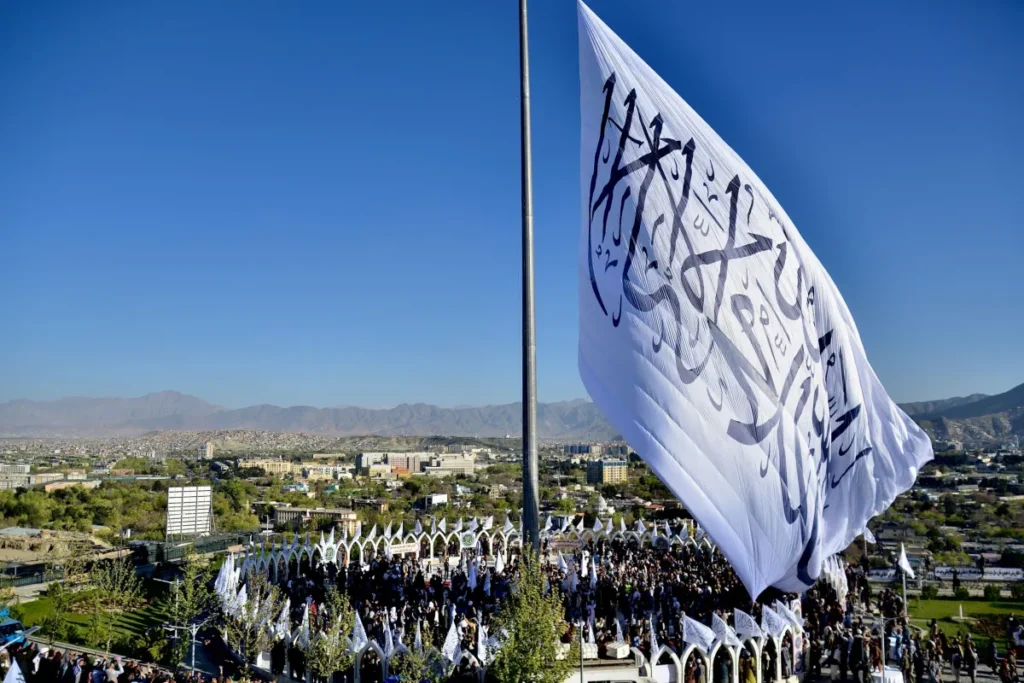The Rise of Preemptive Fragility: Strategic Reordering after Operation “Rising Lion”

The Rise of Preemptive Fragility: Strategic Reordering after Operation Rising Lion Dr. Naim Asas ⸻ Abstract On June 13, 2025, Israel launched Operation Rising Lion—a large-scale and precisely coordinated military campaign targeting Iranian nuclear and strategic infrastructure. This unprecedented operation involved over 200 aircraft, high-intensity cyberattacks, electromagnetic interference, and covert intelligence operations that penetrated deeply […]
Afghanistan : Archéologie d’un pouvoir éclaté et reconfiguration de la violence idéologique

Dr. Naim AsasDirecteur, GERISS – Groupement d’Études et de Réflexions Internationales en Sciences Sociales22 Jan 2025 ⸻ I. Aux origines d’un ordre illisible : anatomie d’un chaos rationalisé L’Afghanistan n’est plus une zone grise de l’ordre mondial : il est devenu le miroir éclaté des contradictions fondamentales de la modernité politique. Depuis le retour au […]
From Hegemony to Harmony: The Rise of Cooperative Multipolarity in the 21st Century Global Order

Abstract The unipolar moment that defined the post-Cold War world is drawing to a close. A new multipolar order is emerging, driven by the rise of Asia, the decline of Western hegemony, and the urgent need for global cooperation on existential challenges. This article explores the geopolitical and philosophical implications of this transition, drawing from […]
Gender Apartheid under the Taliban: The systemic erasure of Women’s Rights in Afghanistan (2021-2024)

Introduction and research problematic 1.1. General Context Since the Taliban’s return to power in August 2021, Afghanistan has witnessed an unprecedented and systematic dismantling of women’s rights. What was once a fragile but evolving framework for gender equality has been replaced by a regime that deliberately erases women and girls from public, economic, social, and […]
Afghanistan : Chronique d’une Humanité éteinte– autopsie des violences systémiques contre les Droits de l’Homme

Afghanistan : Chronique d’une Humanité éteinte– autopsie des violences systémiques contre les Droits de l’Homme Dr Naim Asas Directeur, Groupement d’Études et de Réflexions Internationales en Sciences Sociales (GERISS) Email : naimasasgeriss@gmail.com Abstract L’Afghanistan est aujourd’hui le symbole d’une crise extrême des droits humains, marquée par des violations systématiques, organisées et profondément enracinées dans les […]
Afghanistan between political deadlock and the illusion of reform: A structural governance crisis

Abstract Afghanistan has faced decades of political instability, foreign interventions, and failed state-building efforts. Despite numerous international conferences and opposition-led initiatives, sustainable governance remains elusive. This study critically examines why diplomatic efforts and opposition movements fail to bring structural change in Afghanistan. It argues that the failures stem not only from the Taliban’s rigid governance […]
The Taliban Regime in Afghanistan: Between Centralization of Power and Social Exclusion

Abstract Since the Taliban’s takeover in August 2021, Afghanistan has shifted to a centralized, theocratic, and authoritarian governance model. This article examines the regime’s internal political structure, focusing on the centralization of power, the role of the Council of Ulema, the exclusion of ethnic minorities and women, and signs of internal dissent. Through an analytical […]